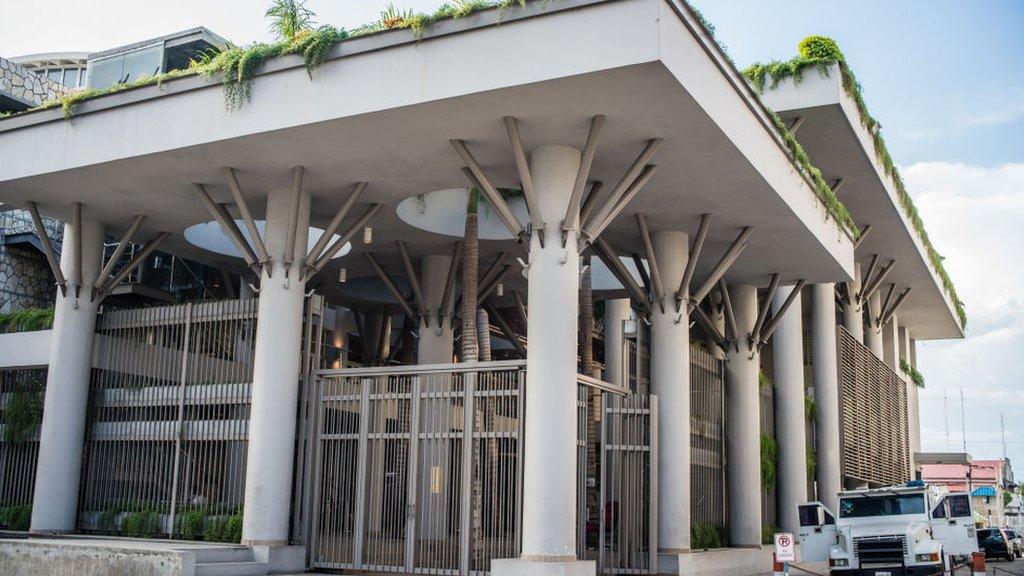US-Haitians losing hope for loved ones trapped in violence-torn homeland
- Published
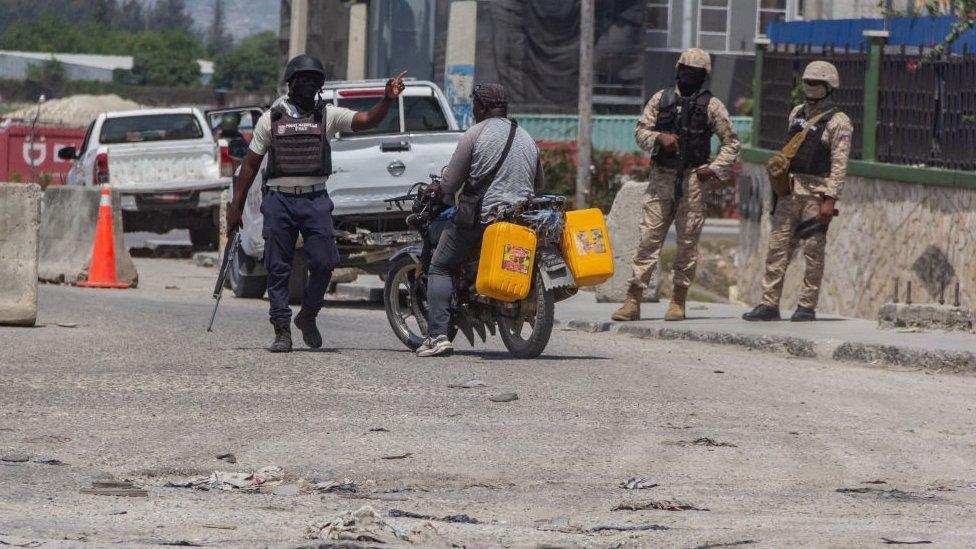
Dozens of people have been killed since widespread violence broke out on 29 February
When Florida resident Gerard thinks of his wife and two small children back home in Haiti, two words immediately come to mind: "Permanent stress."
Gerard, who lives near Fort Lauderdale, is one of the more than half a million Haitians that call Florida home - the largest concentration in the US.
Many say they are now gripped by fear and uncertainty for family still there amid worsening gang violence.
Federal and state officials have been periodically evacuating US citizens.
Dozens of people have been killed and at least 17,000 left homeless since well-armed gangs attacked police stations and the country's main airport in Port-au-Prince on 29 February.
The gangs also stormed two of the country's largest prisons, releasing about 4,000 inmates.
Gerard - who asked that his surname not be used to protect his family in Haiti - told the BBC that he is constantly worried about the security of his wife and two children, aged seven and nine, who stayed in Haiti when he returned to live in the US several months ago.
"My biggest fear is that my house will be attacked by gangs. That is why I live in permanent stress," he said. "Over there, everybody is fearing for their lives and possessions. Now the gangs go inside people's houses and steal everything, and the police are not able to protect them."
"I'm hopeless because I don't see a solution to the problem," Gerard added. "And I'm disgusted with politicians that have made the country what it is now."
Another Florida-based Haitian, church pastor Dr Wadler Jules, said that members of his congregation are "wondering if someone in their family has been kidnapped or killed" in Haiti, where he said people "live at the mercy of the gangs".
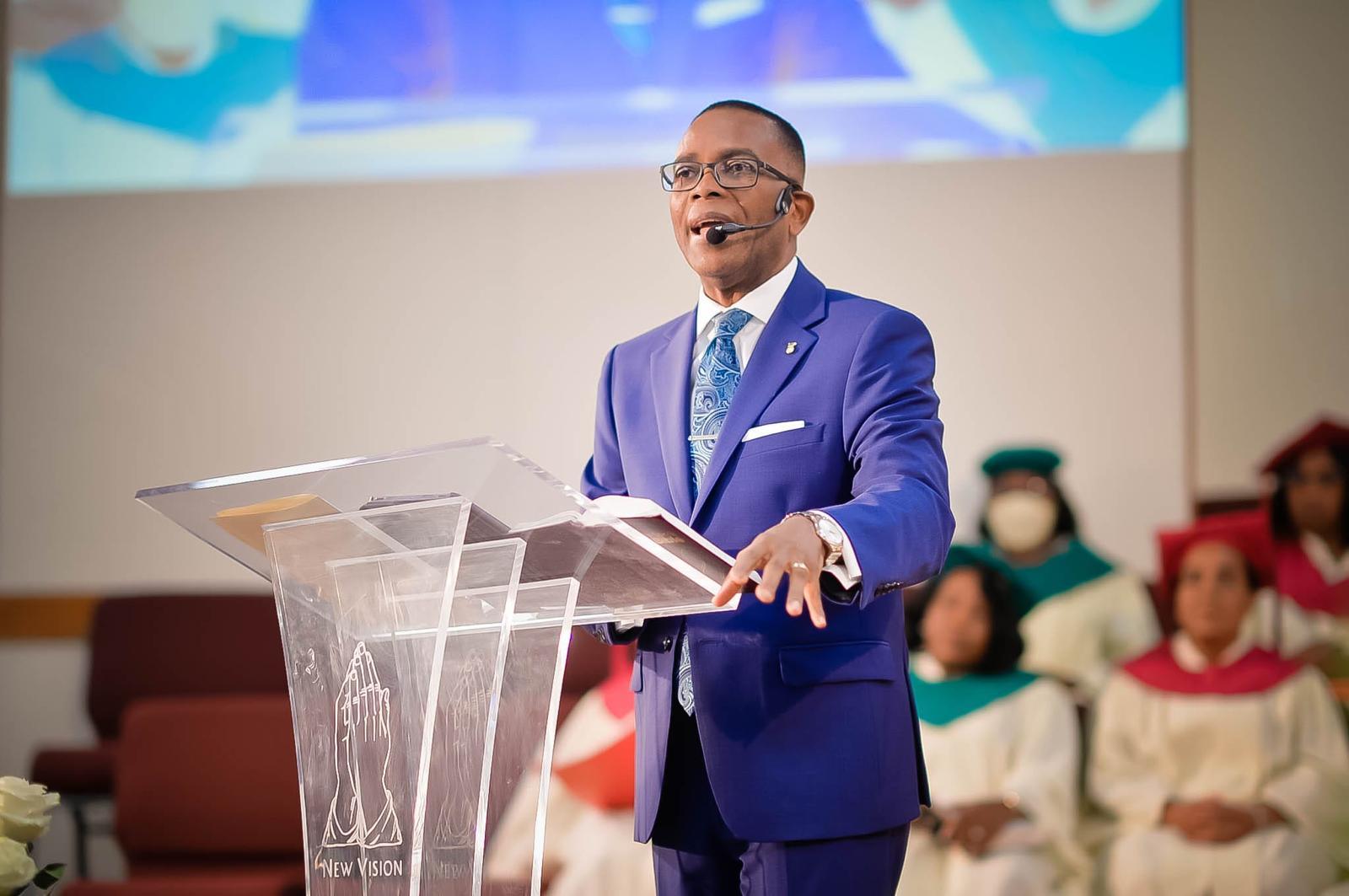
Dr Wadler Jules' congregation is in Miami's Little Haiti area
"The members of our community live in fear, live in despair," said Dr Jules, whose church is in Miami's Little Haiti neighbourhood. "You don't know if your loved ones are going to be alive tomorrow. It's really scary, and there is no hope."
Dr Jules was himself briefly stranded in Haiti after accompanying a member of his congregation several weeks ago to a funeral in Saint-Louis du Nord.
He eventually managed to get on a flight to the Dominican Republic. Fifty members of a sister church, however, are in Port-au-Prince.
"They are in despair and they can't go anywhere else because you may be shot," he said. "Here in Little Haiti, people wonder if there is any way to get them out of the country. They live in fear and living in fear is unbearable. It's suffocating."
More than 230 American citizens have been evacuated from Haiti in the past week, both from the relative safety of Cap-Haitien, a port city on the island's north coast, and by helicopter from Port-au-Prince.
Other rescue flights have been arranged by Florida state officials, including one carrying 21 people that landed in Orlando, Florida, on Sunday.
Many Haitians and Haitian-Americans say they hope the US does more to help - including potentially giving refugee status to those fleeing the violence.
"I don't understand why Haitians don't qualify for it," said Tessa Petit, the executive director of the Miami-based Florida Immigrant Coalition. "We are right there, in your backyard... we know we need help from the United States... we are just hoping that [the US] will step up quickly."
In the meantime, Ms Petit said she, like many Haitians, is hoping "to not get the call that's going to give us bad news".
"[That] call that's going to let us know that we have lost a friend or a family member," she said. "There is a sense of despair and a lot of anger."
Watch: Father welcomes 2-year-old son after Haiti evacuation
Related topics
- Published21 March 2024
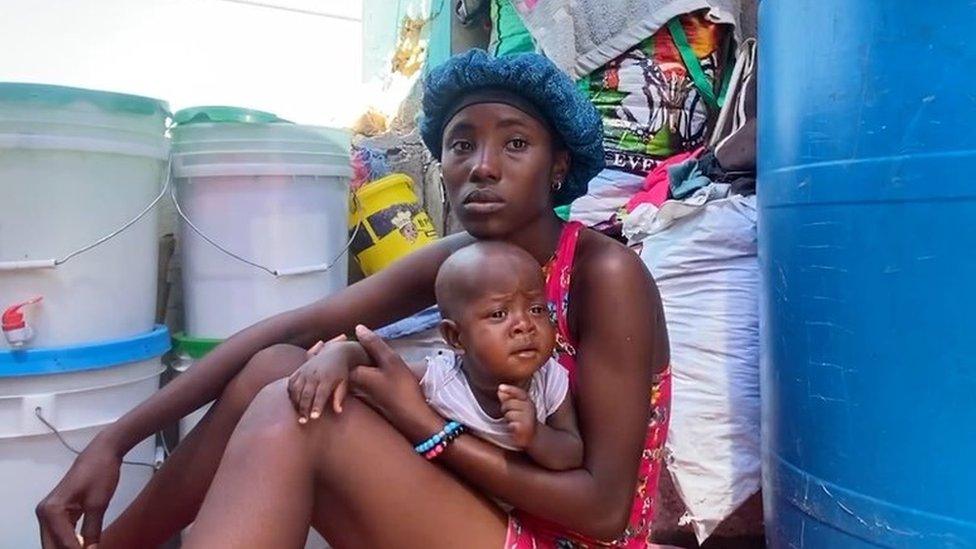
- Published19 March 2024
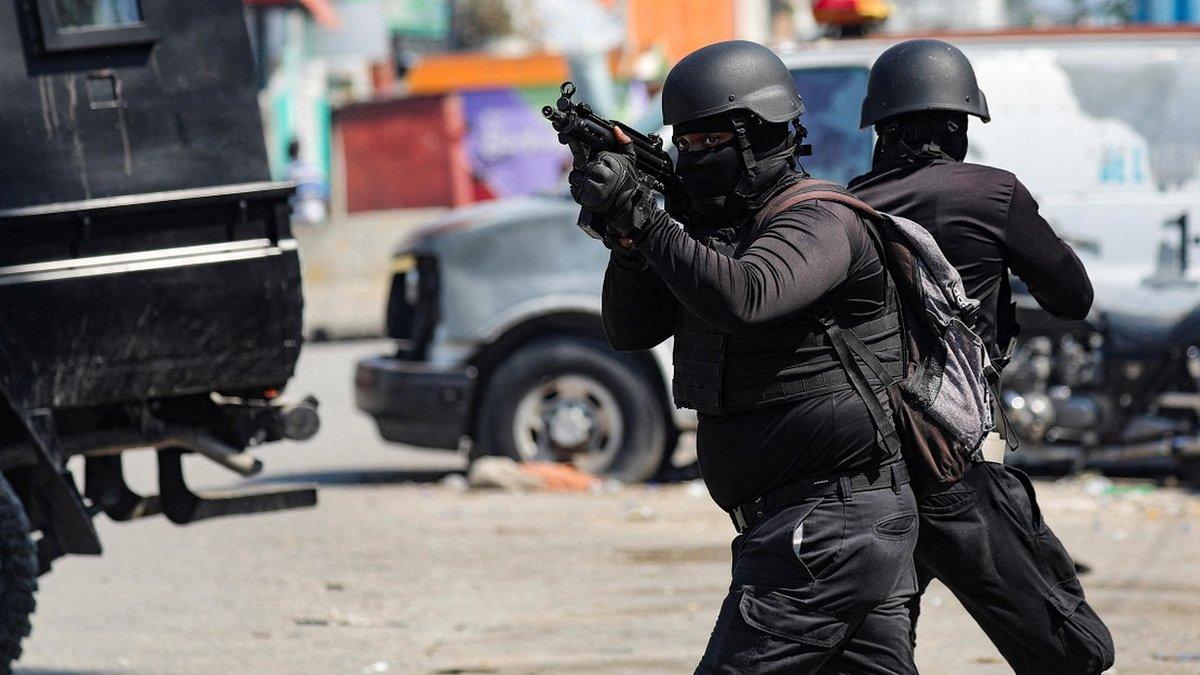
- Published19 March 2024
